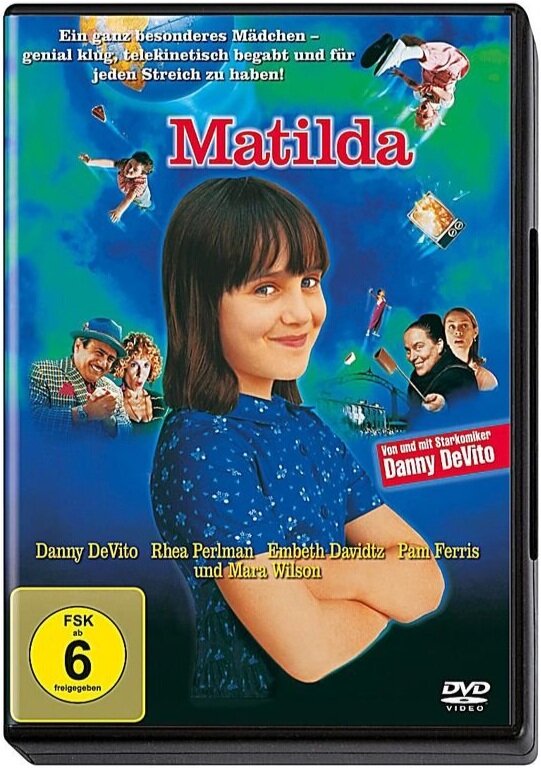From Iron Man to Man of Steel and everything in between, comic book movies have been rising in popularity within the last ten years.
A medium geared toward a more niche audience has been translated into something that everybody can consume and enjoy –– you won't have had to pick up a single comic in your life (I have my own feelings about that, but this isn't about me).
Okay, but why comic books? I'm going to make an educated guess and assume something along the lines of collective escapism. Popularised in the United States and the United Kingdom in the 1930s, comic books not only served as a morale booster during World War II but also were a way to mirror the world and society at the time. Yet as the times changed and society got more progressive, so did the comic book industry.
I got into comic books in my mid-teens and was always excited when a new movie was announced – my secondary school friends and Tumblr mutuals will attest to this. Seeing these characters translate onto the big screen was enjoyment at its finest. Still, it was always missing one thing – diversity and accurate representation.
Let's take a look at Marvel's Phase 1-3, shall we? With the exception of Black Panther, the heroes at the centre of these films were white men. Now I know what some of you are going to think, "but Tola, what about Gamora? She was played by Zoe Saldana" – doesn't count, she's green.
However, with the most recent launch of Marvel's Phase 4, we're seeing more characters of colour as leads on both the big and small screens. With movies and shows such as Shang Chi or Ms Marvel.
And what we love to see are characters that have traditionally been white portrayed by non-white actors. For example, Jurnee Smollett-Bell (Lovecraft Country, Eve's Bayou) plays the traditionally blonde-haired and blue-eyed character Black Canary in Birds of Prey, whose solo film was announced last summer. But what’s the point of diverse representation if it isn't honest and the characters and their stories aren't handled with care?
The translation of comic books to moving pictures is supposed to be the perfect opportunity for diversity in the film industry. Instead, we've seen the abandonment of non-white characters –– by either the directors or studios (yes, this is a dig at Warner Brothers for scrapping the Cyborg solo film).
This brings me to my next point; drum roll, please...whitewashing, yay. She says dryly.
Whitewashing in comic book movies is almost as common as me forgetting something; the likelihood of it happening is at a minimum 80 per cent chance. So, it is incredibly frustrating and kind of rude…I have to be honest.
Take Avengers: Age of Ultron, for example –– I have a personal beef with this film, but let's focus on the Maximoff twins. For those of you that didn't know, Wanda and Pietro were originally Romani Jewish mutants and the children of Magneto. But instead of casting accurately, Disney cast Aaron Taylor-Johnson and Elizabeth Olsen. These characters' racial and cultural identities were and are still essential to their story arcs, motivations, and everything that makes compelling characters. So, to erase a significant part of their identity erases why these characters exist and maliciously rob Romani Jewish people of honest representation. But, while there are plenty more examples I could list, we'd be here forever, and it's depressing, so no.
What sucks is having an exciting catalogue of non-white characters to work with, only to have them mishandled and made unrecognisable by those who were supposed to bring them to life. When this happens, you’re soon left with the urge to enter your Joker-era and hold everyone at whatever movie studio hostage. (If anybody at Disney or Warner Brothers sees this, no, you didn't).
Doing any of these defeats the purpose of these characters' creation in the first place. It robs the people of the chance to be brought to the forefront and the wider audiences of the opportunity to be exposed to new and alternative perspectives.
At the risk of sounding like a broken record, comic books have long been representative of the world around us and erasing the hard work of its Jewish creators is a disservice to them as much as to those already lacking representation. Yet unfortunately, it seems that studio executives and a specific faction of comic book readers have forgotten or just don't care (most likely the latter) that straight white men aren't the only ones that read comics or watch comic book movies. But credit where credit is due, we’re seeing comic book movies and TV series becoming more diverse with non-white characters taking centre stage and even behind the screen with directors and writers of colour. However, it’s important that diversity and representation aren’t done for the sake of it. Studios, writers and directors need to handle these characters with care and compassion, be intentional with how they tell their stories and, by extension, ours; because, let’s be honest, who wants another half-baked diversity attempt?
Image Credits: Image 1–Marvel Comics/DC Comics / Image 2–Disney/Marvel Entertainment Image 3 – Warner Bros Entertainment/DC Comics / Image 4 – Marvel Comics













